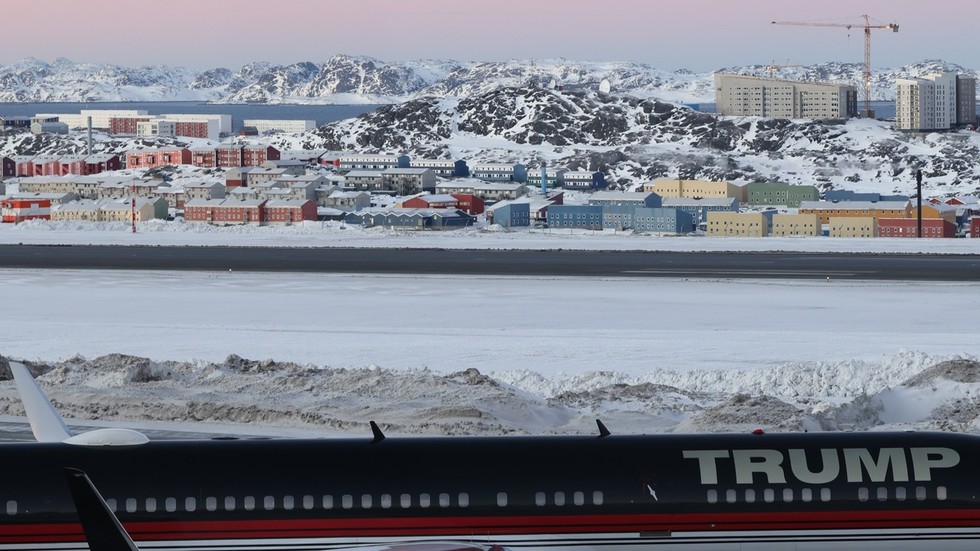Is China getting ready to invade Taiwan?
This is one of the questions that prompted a hearing this month by the U.S.-China Economic and Security Review Commission, a government-funded organization that follows the relationship between the United States and China. In this month’s hearing, commissioners of the USCC heard that China is stockpiling minerals and other key resources in what could be a precursor to war, specifically an attempted invasion and takeover of Taiwan.
“The Chinese central government stockpiling minerals is one potential indicator that it may be preparing to invade Taiwan,” Gregory Wischer of Dei Gratia Minerals told the Commission in a prepared statement.
Wischer went on to say that China’s stockpile, managed by China’s National Food and Strategic Reserves Administration, is in charge of managing the “large volumes of minerals like aluminum, cobalt, and copper” that China is amassing, presumably “for strategic reasons.”
Stockpiling is a measure to not only overcome production shortages of various resources, but to also bypass troubles with sourcing and purchasing those resources should a nation fall into international disfavor, as China certainly would with much of the world should they attempt a military takeover of Taiwan.
Nazi Comparisons and a Siege Mentality
China is becoming increasingly wary of international efforts to contain its growth and stunt its rise as a global power. Manoj Kewalramani of The Takshashila Institution in India said in his testimony that “…during the Two Sessions in March 2023, Xi was blunt in stating that China’s external environment had become increasingly uncertain and unpredictable. He accused the U.S. of pursuing ‘all-round containment and suppression of China.’ This was a rare direct charge by Xi.”
At least two of the witnesses, almost certainly independently of one another, compared China’s current stockpiling of key resources with Nazi Germany’s stockpiling activities in the late 1930s, particularly in the buildup to the invasion of Poland in 1939. Wischer testified that “Germany stockpiled significant copper volumes in 1938 and 1939, and when it invaded Poland in September 1939, Germany had enough copper stocks to cover almost nine months of estimated wartime consumption.” Wischer went on to say that Japan had done the same with minerals such as tin and bauxite in the years leading up to its attacks throughout the Pacific.
Gabriel Collins of the Baker Institute at Rice University said that “Nazi Germany’s explosive expansion of coal production as it girded for war in the mid-to-late 1930s” saw Germany increase “its coal production nearly two-fold between Hitler’s taking power in 1933 and the invasion of Poland in 1939.”
Little draws the ire of the Chinese Communist Party (CCP) more than the mention of any parallels between its governance of China and the Nazi Party’s hold over Germany before and during World War II.
Collins is more concerned about China’s stockpiling of oil than he is of its efforts to maintain coal and natural gas supplies.
“Chinese firms have over the past decade engaged in a massive energy infrastructure buildout implicating all three core hydrocarbon energy resources. Yet of the three, oil provokes the deepest concerns,” Collins said in his testimony.
“Oil,” he said, is “the item for which PRC energy security anxieties are most acute and the energy source which powers the fighting instruments of a modern industrial war machine.”
The drive for self-sufficiency, which dominates Chinese Communist Party (CCP) policy and practice, is as much born from a siege mentality as it is from the practical needs of the nation.
As Gustavo Ferreira of the U.S. Department of Agriculture pointed out, China “is the largest food producer in the world… It has achieved high levels of food self-sufficiency in major crops such as rice and wheat.” But at the same time, Ferreira indicated that there are “fragilities” in the Chinese food system. As a result, China is dependent upon imports for “key agricultural commodities such as corn and soybeans,” and is the world’s largest purchaser of those products.” Indeed, Ferreira noted, China takes in 60 percent of the world’s exports of soybeans.
A Look Back at Ancient Stockpiling
That said, stockpiling is not unique to China. Deliberate stockpiling of resources to be used in an emergency is an ancient strategy for meeting expected shortages of critically required foods, Troy Rule explained in the Texas A&M Law Review.
The Chinese themselves are not new to stockpiling.
In an ironic twist of history, it was a Chinese system of granary stockpiling going back over a thousand years that influenced the development of stockpiles in the United States, Rule wrote.
Henry A. Wallace, Franklin Delano Roosevelt’s secretary of commerce during the New Deal days of the 1930s Great Depression, learned of and promoted a Chinese system of grain storage which came into use in the first century B.C. “Ever-normal granaries,” as they were called, went on to be built throughout all Chinese provinces during the Qing Dynasty hundreds of years later (1644-1911). The goal of the granaries was to stabilize the supply of grain by keeping levels “ever normal,” meaning “ever stable.” Not only was supply assured in years of poor harvests, but prices of grain remained stable, as well.
Wallace adopted principles of stockpiling from the Chinese example, embodying and implementing them in the Agricultural Adjustment Act of 1938.
The Traders Weigh In
It’s not just academics and legislators who are questioning China’s purchases of grain and other staples. Traders are asking the question, “What is China preparing for?”
In early March of this year, AgWeb reported, “From corn to sorghum to even barley, China continues to buy feed grains… No matter the source of the surge in purchases, one thing is clear: China is stockpiling grain.”
AgWeb reported that Arlan Suderman, chief commodities economist for StoneX Group, questioned why China is making risky and expensive purchases of corn from Ukraine, requiring shipments to either go through the Red Sea or around the southern end of Africa.
“It’s ironic,” Suderman told AgWeb, “that China is buying that corn, because they just had a bumper crop, based on our private sources in China.” Suderman went on to say that they believe the corn crop in China was larger than the government was willing to admit.
Yet there have been mixed signals this year. Within weeks of unexpectedly large purchases of grains and other staples, China all of a sudden canceled contracts to buy over 500,000 metric tons of wheat from the United States. Analysts suspect that the cancellations are due to lower prices being found elsewhere, such as, unsurprisingly, in Russia. Others have suggested that the contracts may reflect weakening demand domestically in China. Either way, in a nation which is stockpiling seemingly everything fundamental to its resource pool, why cancel planned purchases of wheat?
Conclusion
There is no doubt that China is stockpiling resources well beyond limits of what would be considered normal during peacetime. However, it is worthwhile to consider if the enormity of China’s stockpiling infrastructure could be part of a strategy to unnerve particularly Western nations. As the USCC’s hearing, and reporting around the world, shows, people have noticed that China is stockpiling. The United States is not alone in its interest in the subject. Traders, growers, and governments globally are taking notice and asking questions: how much is being hoarded, and for what purpose?
Very sophisticated analyses of this stockpiling effort, as exemplified especially by Gabriel Collins’ testimony to the USCC, not only address the issue of the stockpiling itself, but also provide a blueprint for determining what is being put into silos and caverns and elsewhere. The Chinese government will read or listen to every word of the hearing, and to others who are amplifying the message of Chinese stockpiling and hoarding. They know that they cannot stockpile in total secrecy.
The Chinese Communist Party is very practiced with the tools and maneuvers of propaganda. Witness the estimated 450 million fake social media posts created by the Chinese government to “distract” Chinese citizens from more substantial matters going on in China. Take note of China’s takeover of African media, which has successfully manipulated public opinion to China’s favor. There are endless propaganda campaigns past and present that illustrate the CCP’s penchant for manipulating reality into an alternate narrative more to its political advantage and liking.
There are many reasons to stockpile: Preparation for war. Leverage over competitors. Control of a market. Paranoia. Cooling domestic fears of food shortages. Stoking international fears of war. Managing appearances.
China likes to look big, strong, and invincible. Stockpiling at current levels satisfies all three of those criteria. Alternatively, stockpiling could indeed be a tool to meet the fallout of an upcoming grab for Taiwan. However, while China is under a torrent of criticism and sanctions from Europe, the U.S., and others, buying big might just be a way to flex its muscles and look large.
Regardless of China’s reasons, it’s certainly not time to take our eyes off of the piles.





















Discussion about this post